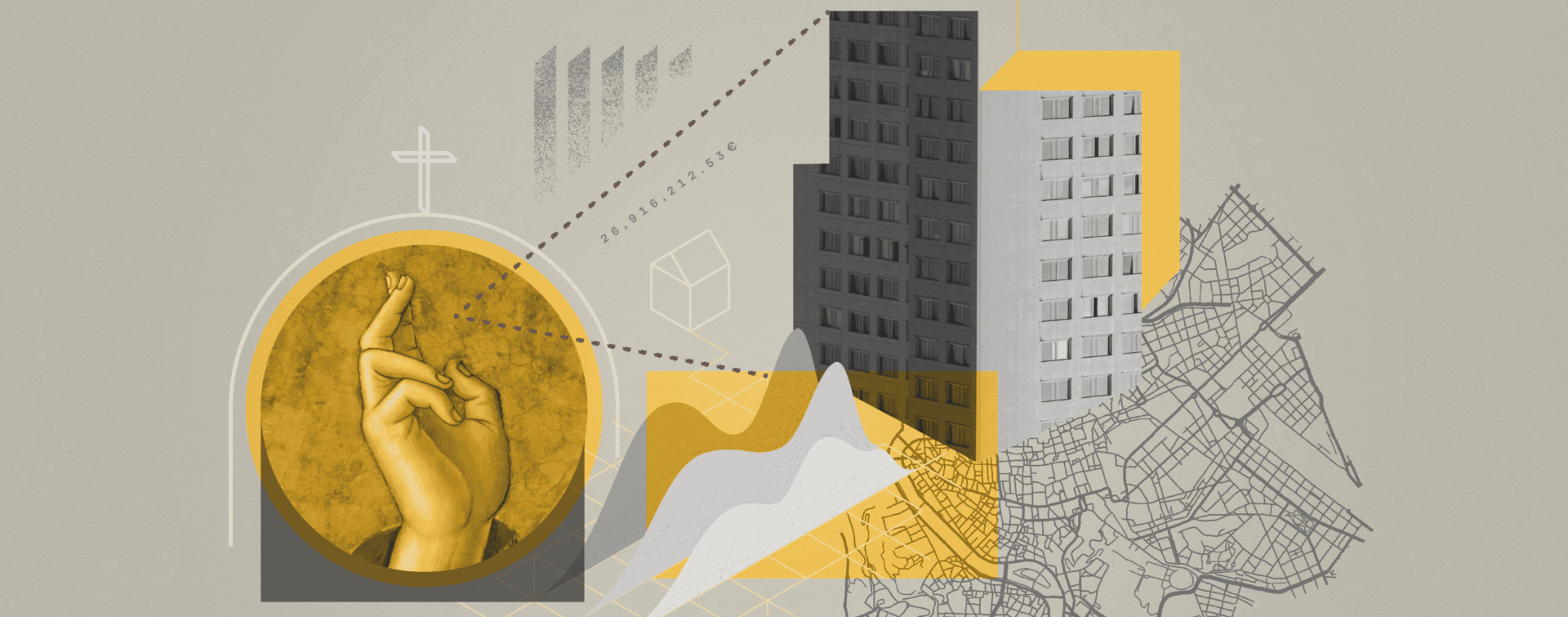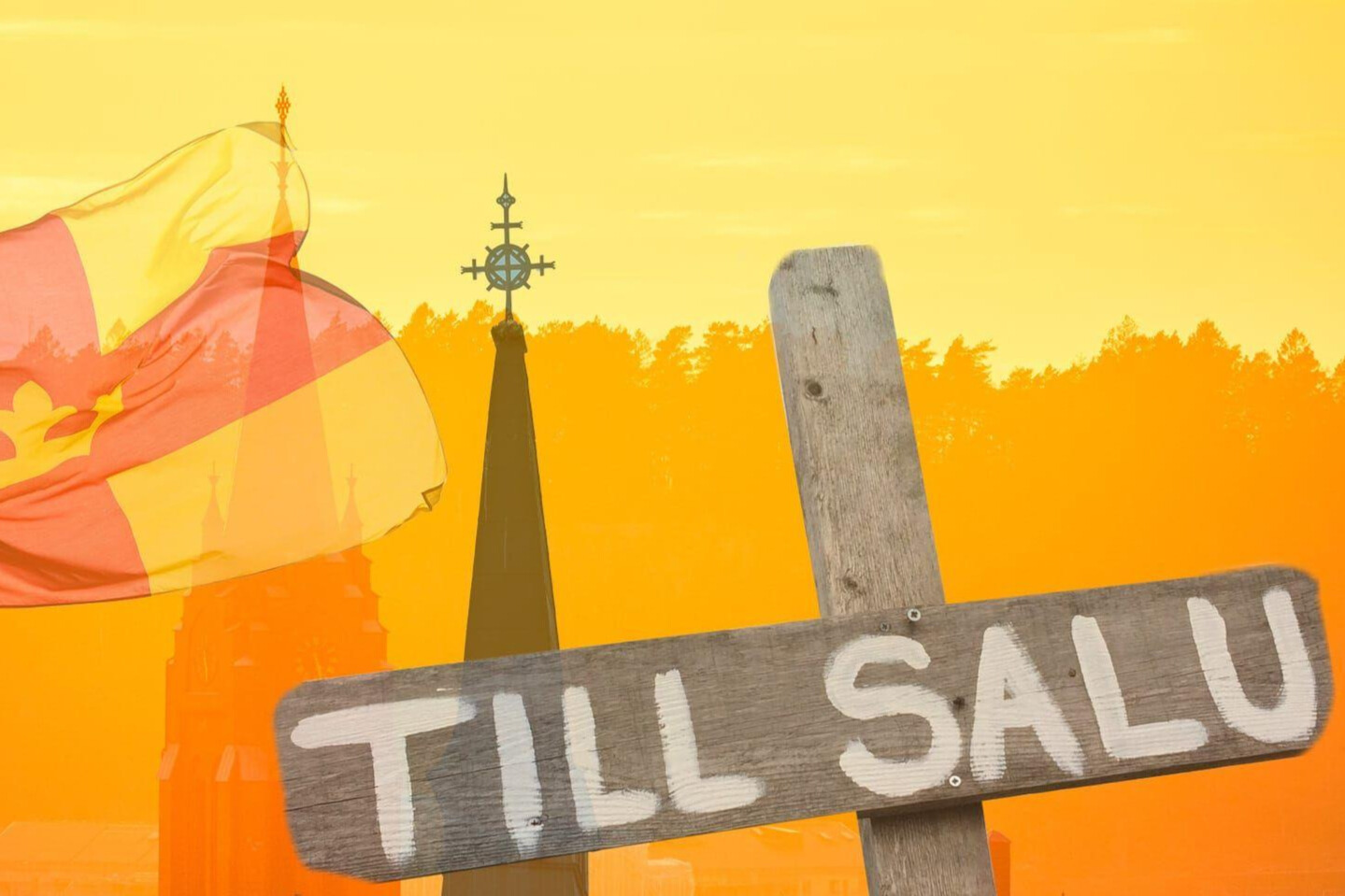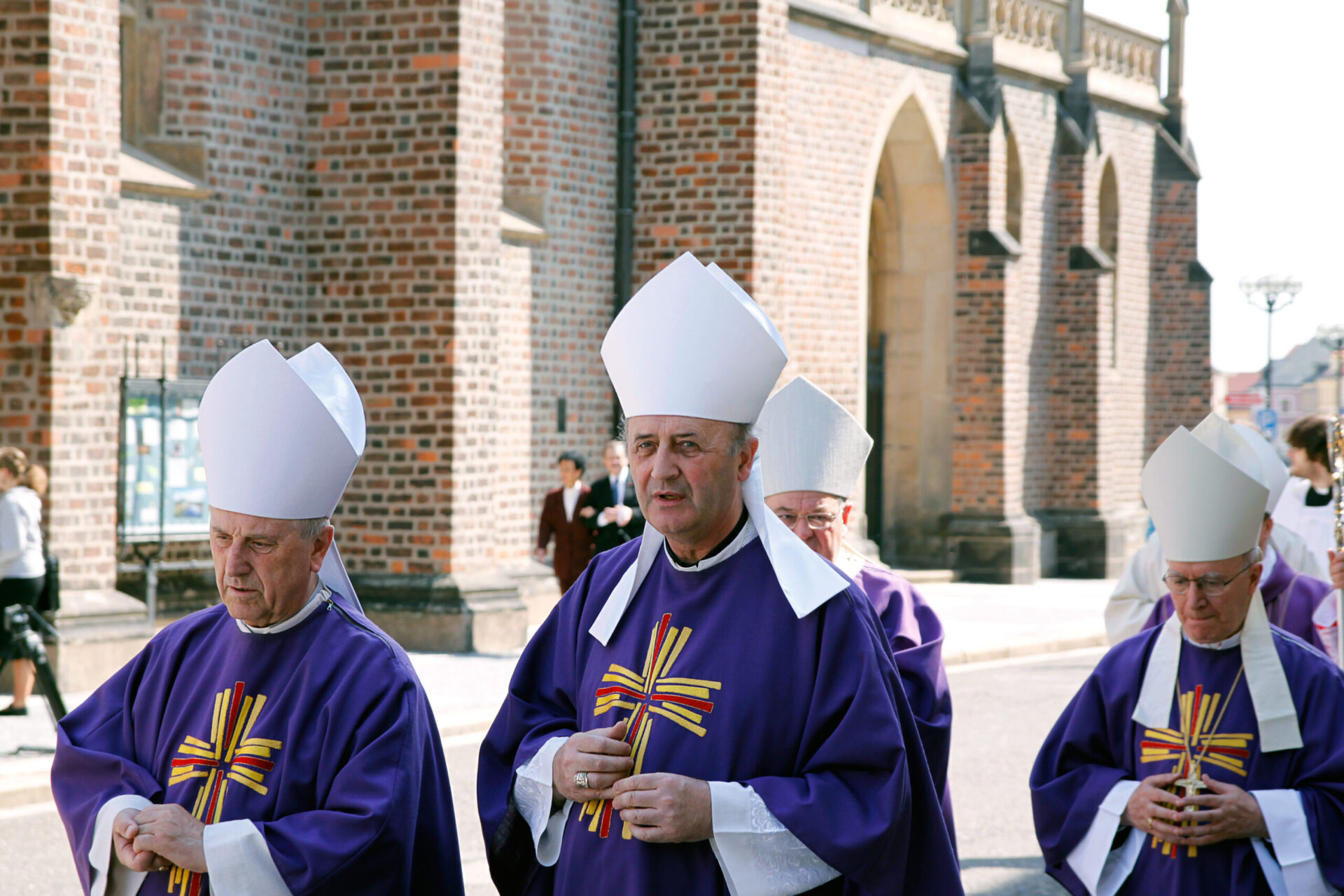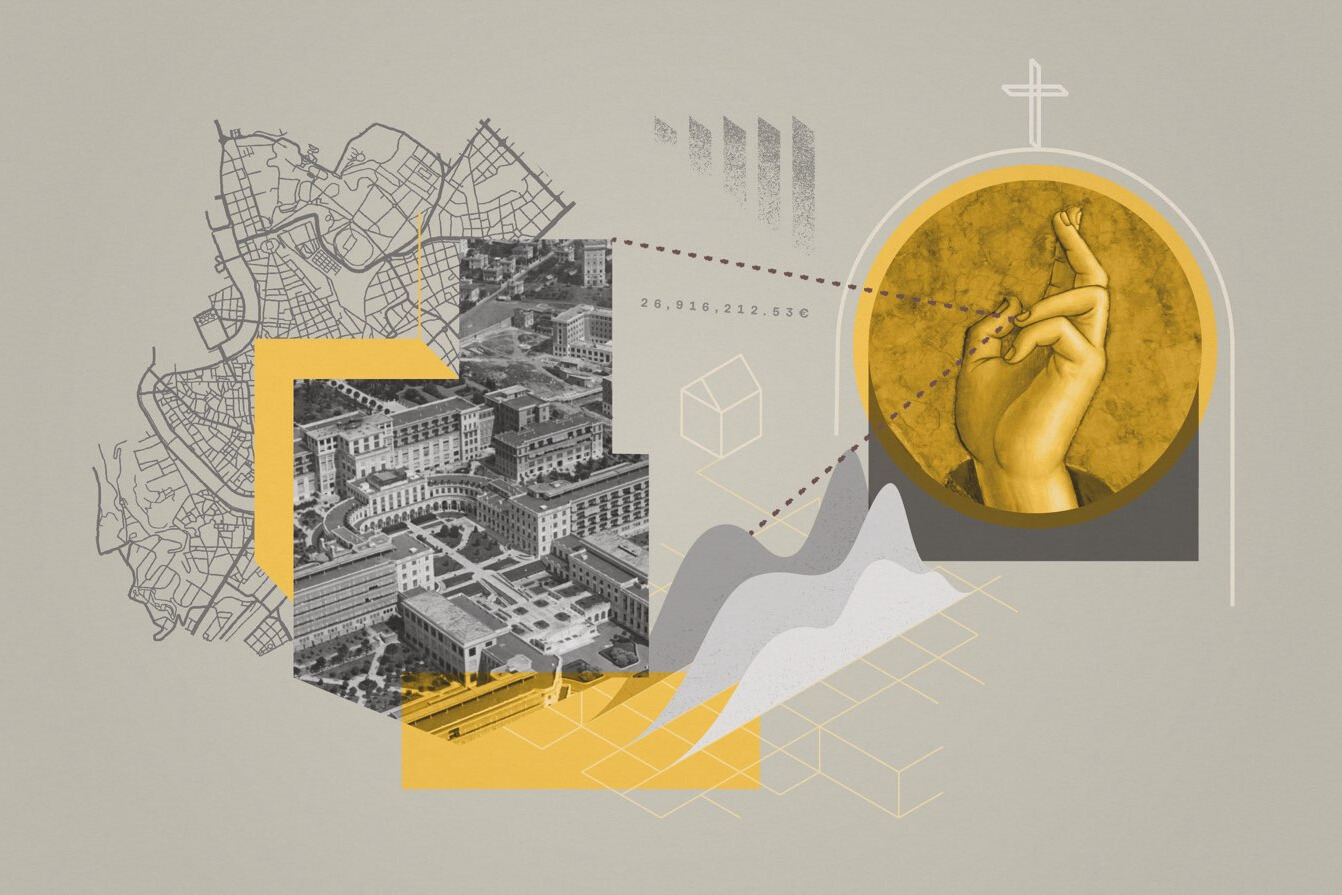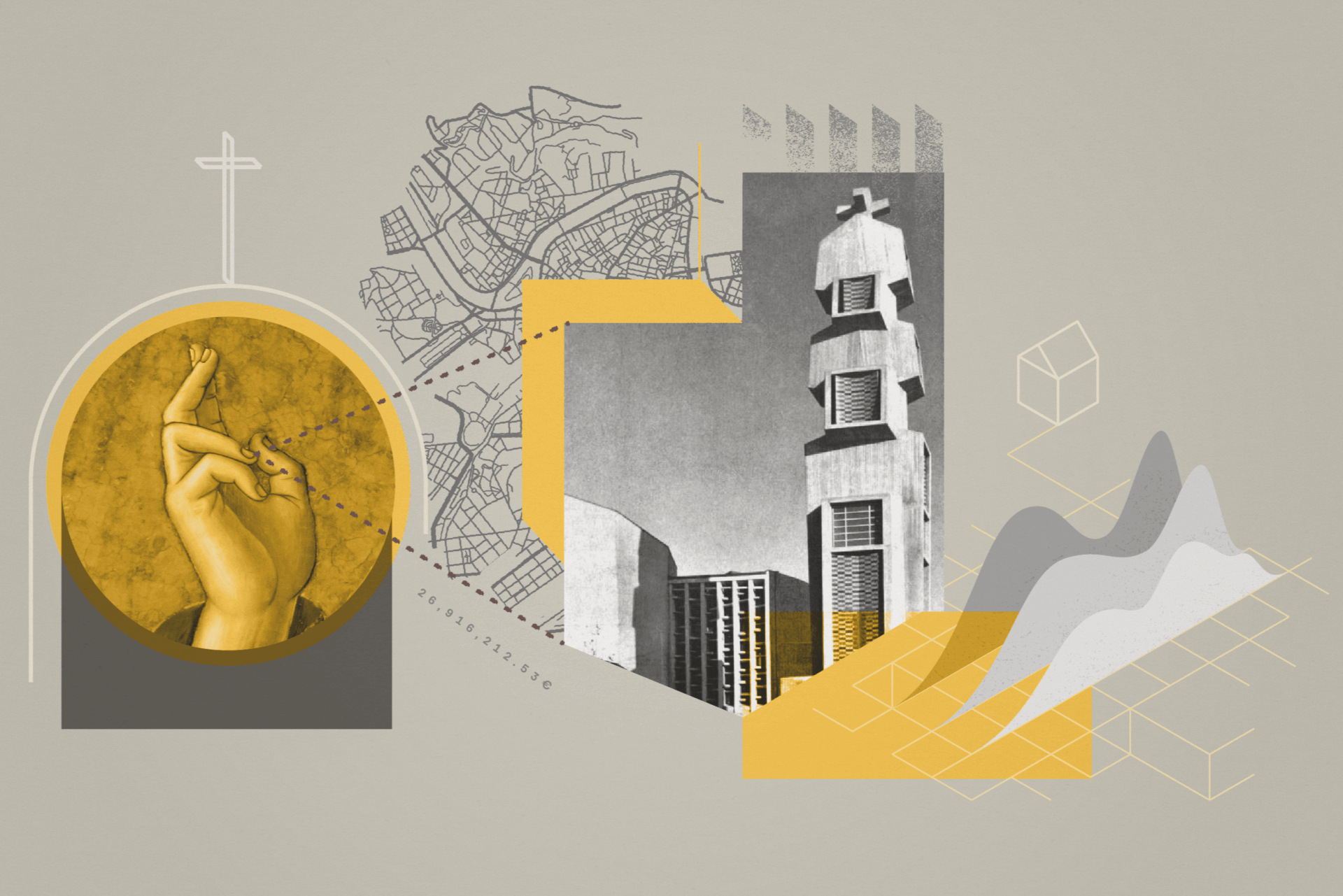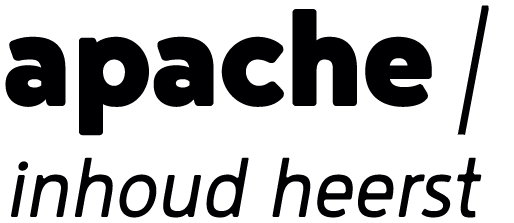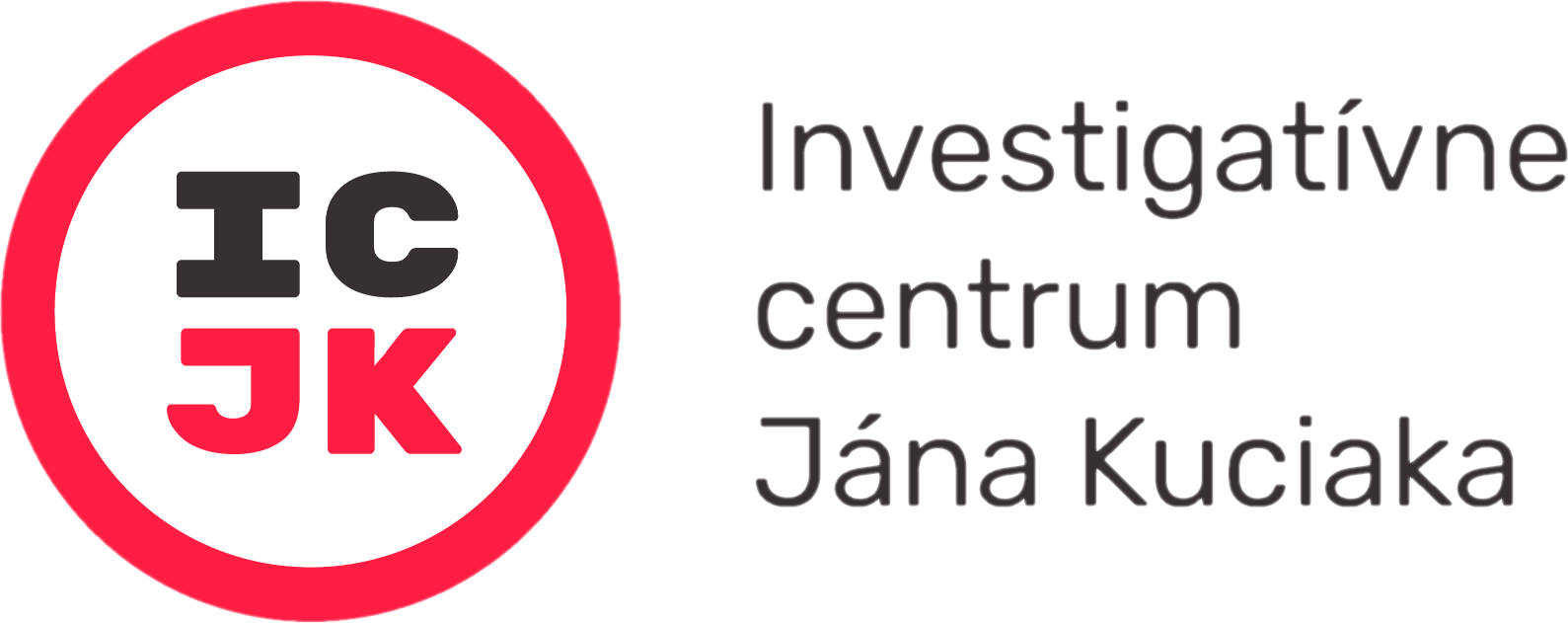Sacred Grounds
Uncovering church property in European cities
Financial and sexual misconduct scandals or an ageing population. For all these reasons, the number of people claiming to belong to a Christian denomination has fallen across Europe. Despite this, the Church, especially the Catholic Church, remains one of the largest landowners in European cities.
For six months, we have cooperated with European media in Germany, the Czech Republic, Italy, Belgium, Sweden and Slovakia to find out: Do the Churches manage their land holdings in the spirit of Christianity, in the service of the common good and in accordance with their own ethical codes? And what is the impact of church property dealings on the affordability of housing or public services?
As a follow-up to our investigation into land ownership, the Ground Control project, we have turned our attention to one of the most important cross-border players in the property market. We collected data across European cities to find out what land the Church owns, what properties it sells and where it invests.
What is the Church like as a property investor? Across European cities, we found investments in the private rental market, sales of land to developers building luxury apartments, sales of churches to conservative religious groups, or investments disrupting a public healthcare system.
The Churches themselves tend to be reluctant to provide information about their land and its value. Municipal authorities often only have general data and do not even know which religious organisations are included in their statistics.
However, our analysis shows that the value of church-owned land is far from insignificant. In Berlin alone, the land owned by Churches and religious communities is worth around €1.4 billion and has increased in value by 350 per cent in the last ten years.
Despite this, the Catholic Church has often argued: we need to invest to improve our financial situation. However, after many financial scandals, it has also pledged to invest responsibly and ethically.
Indeed, in countries such as Germany or Italy, where the Church relies mainly on income from its members, income has fallen in the last year. On the other hand, in countries such as Poland or the Czech Republic, state funding has increased. The Sacred Grounds collaborative research project aims to shed light on how the Church uses these funds, but especially how it uses what is often its most valuable asset: land.
